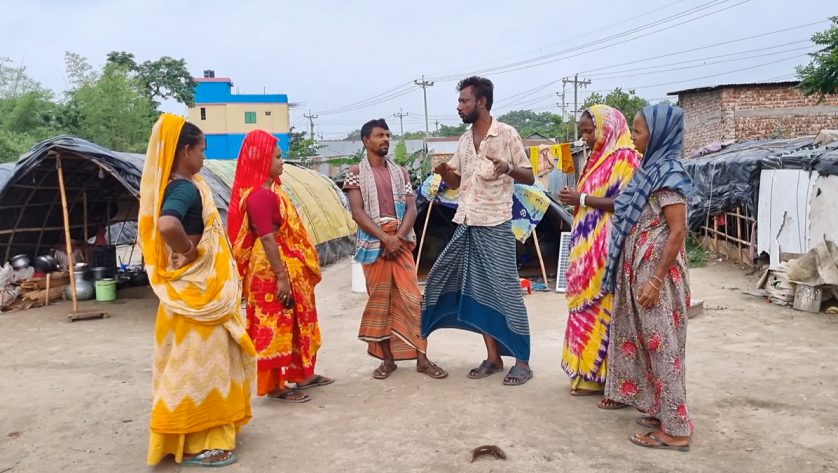The key ingredient
Today when Houda cooks mulukhiyah or uzi (pastry stuffed with peas, sautéed nuts, vegetables, meat and rice ), it has an entirely different meaning. Houda now lives in Turkey, a country that welcomed her after she and her family fled Syria, terrified and weary after years of indiscriminate shelling, random abductions, and a lack of opportunity and future for her children.
In her new home of Kahramanmaras, in central southern Turkey, Houda’s cooking skills are the now key ingredient in her quest for a new life. They not only provide a small income and meaningful employment, they offer a way to connect with people in her new community.
Her new culinary adventure began when Houda enrolled in a traditional Turkish cooking course offered at a community center run by the Turkish Red Crescent, supported in part with funds from the European Union and operated as part of a partnership with the International Federation of Red Cross and Red Crescent Societies (IFRC).
There are 16 such centres in Turkey and they are open to people from both Syrian refugee and Turkish communities. They help connect people with lost loved ones, provide child-friendly spaces, and offer a range of services from vocational training to business development, psychosocial support, health referrals, among many other things.
“I signed up in a cooking course, a sport class and a course in agriculture,” Houda says. “We grew pepper and tomatoes. The experience was great. I enjoyed all the courses, but I found great pleasure in the cooking course.”
 Red Cross Red Crescent magazine
Red Cross Red Crescent magazine 
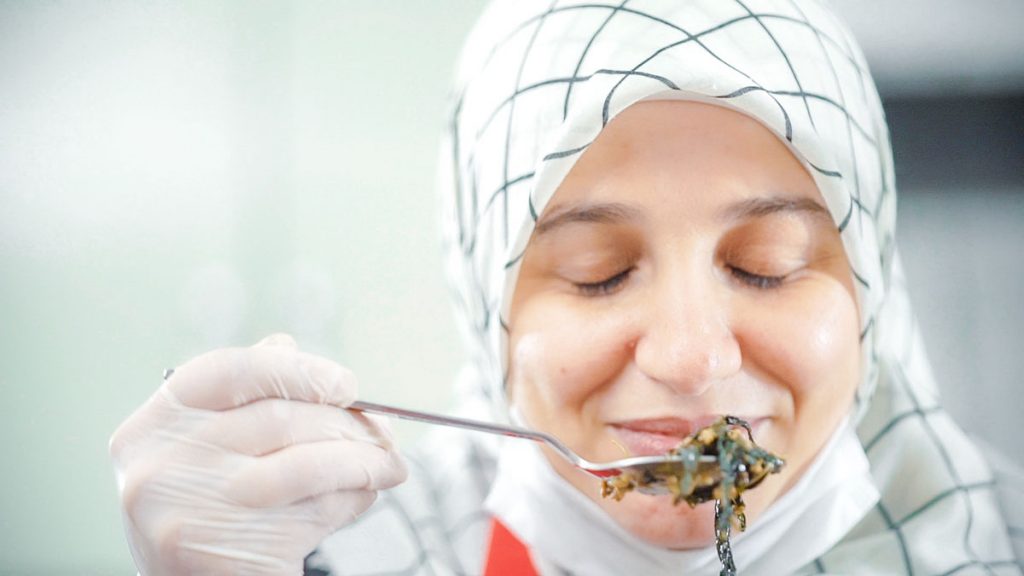
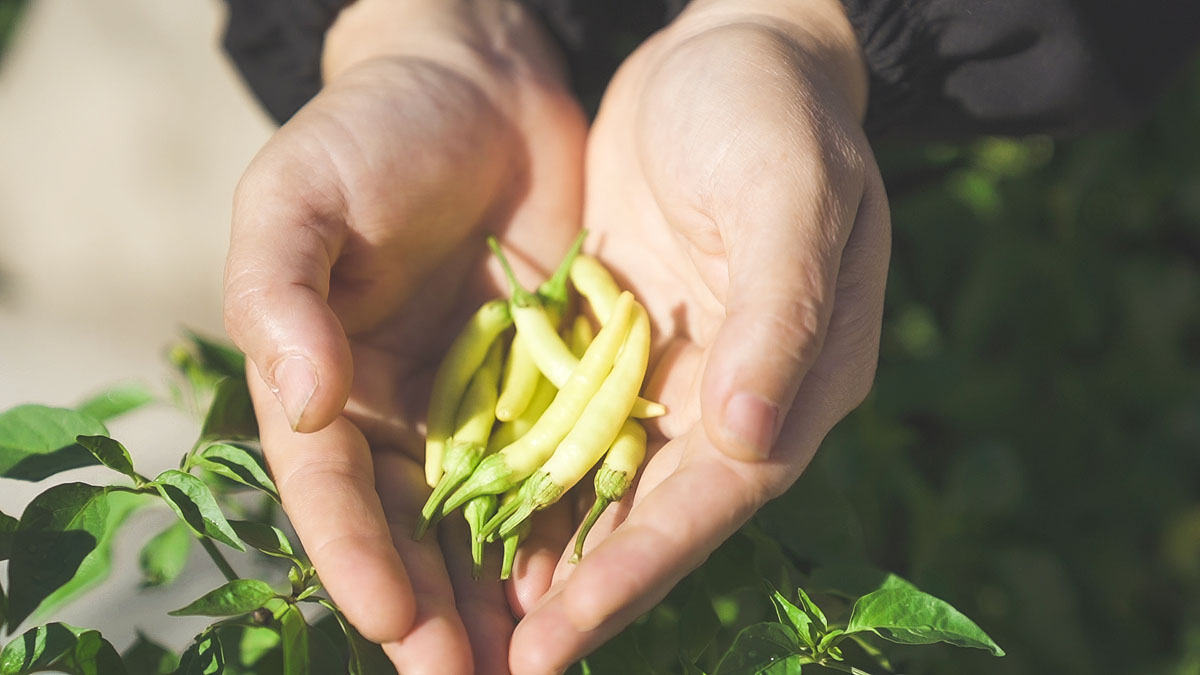
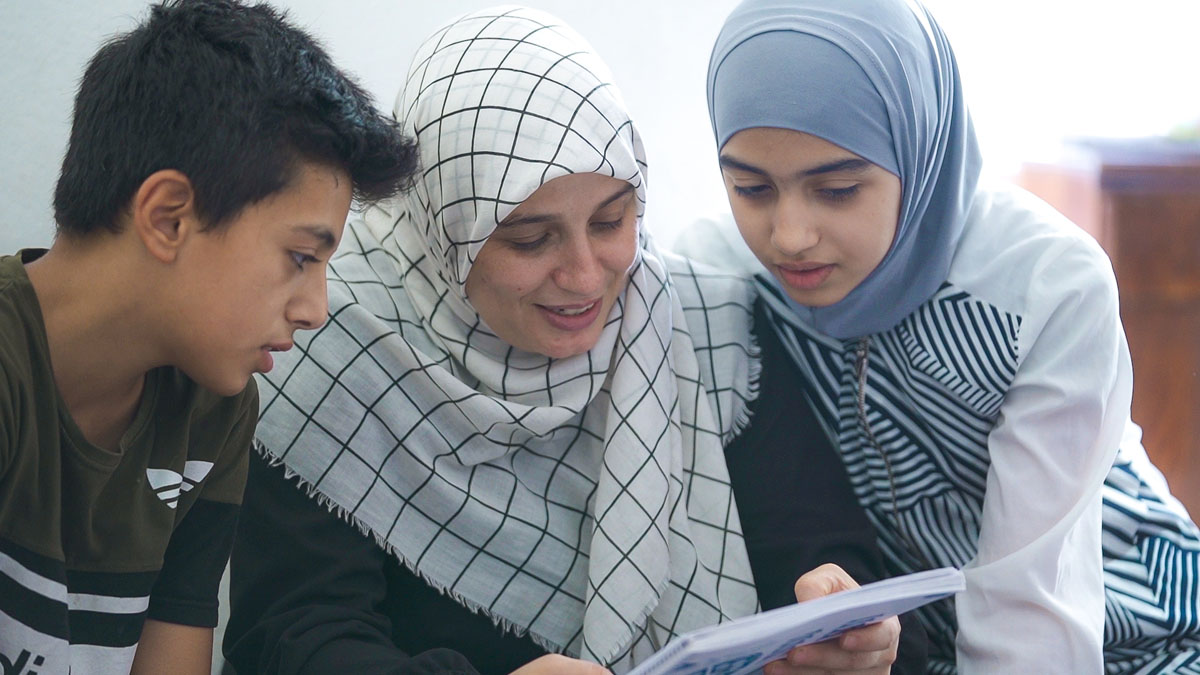
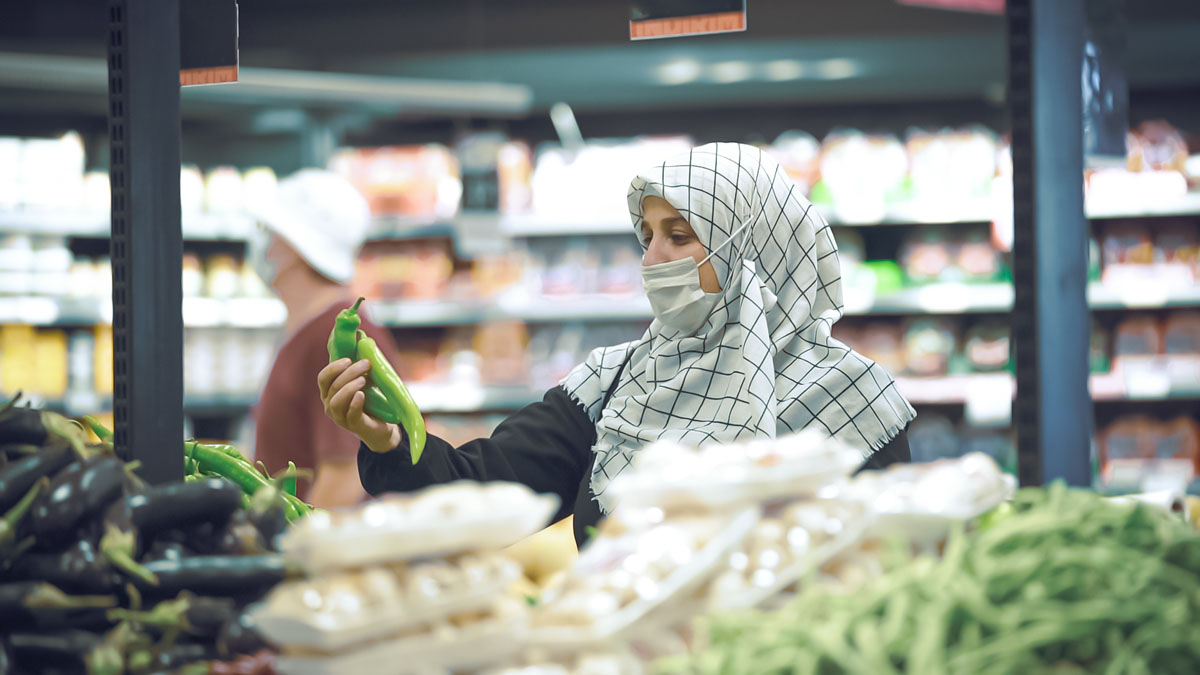
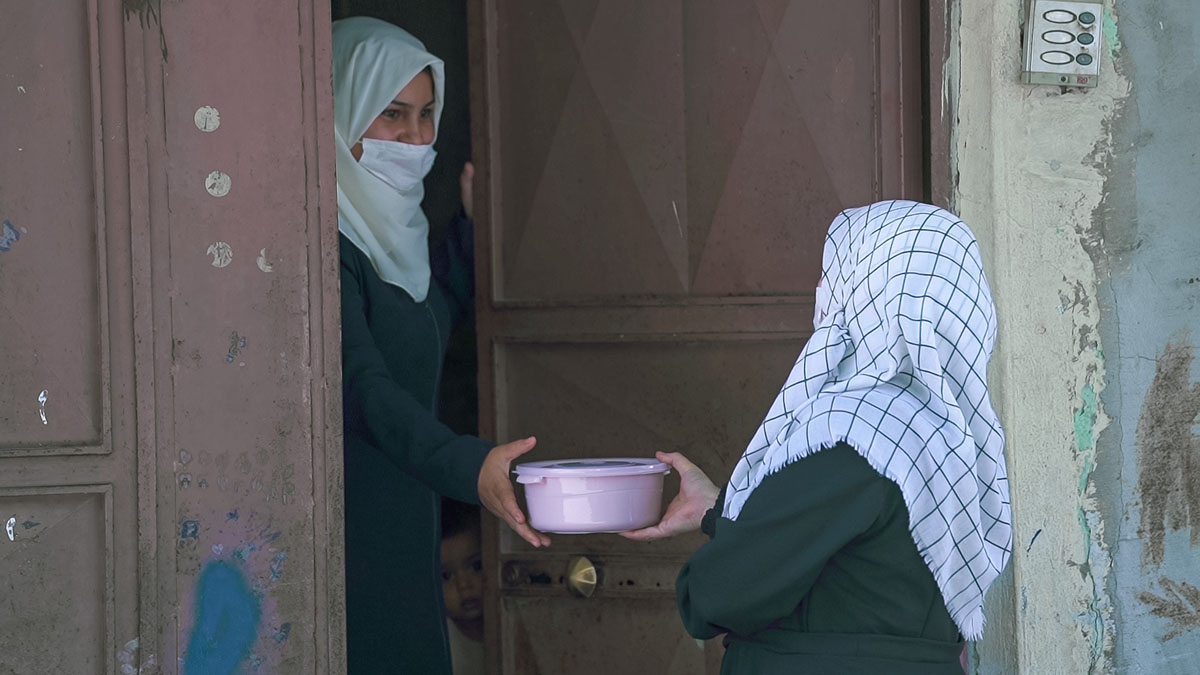
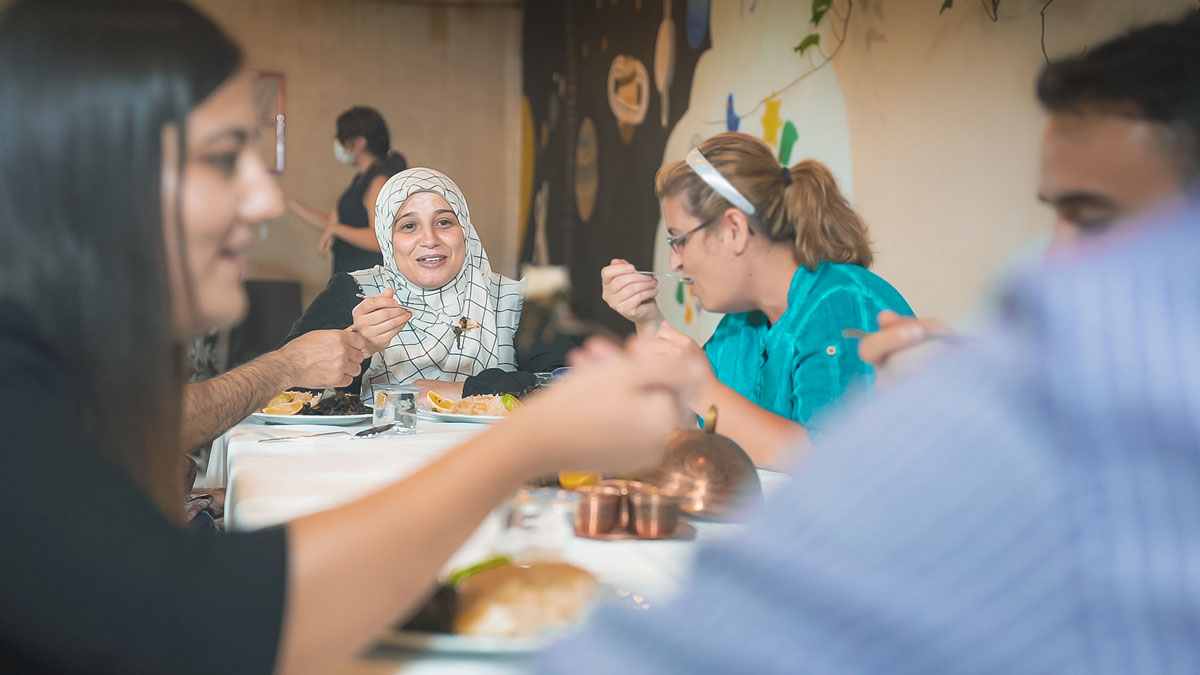





 Tech & Innovation
Tech & Innovation Climate Change
Climate Change Volunteers
Volunteers Health
Health Migration
Migration